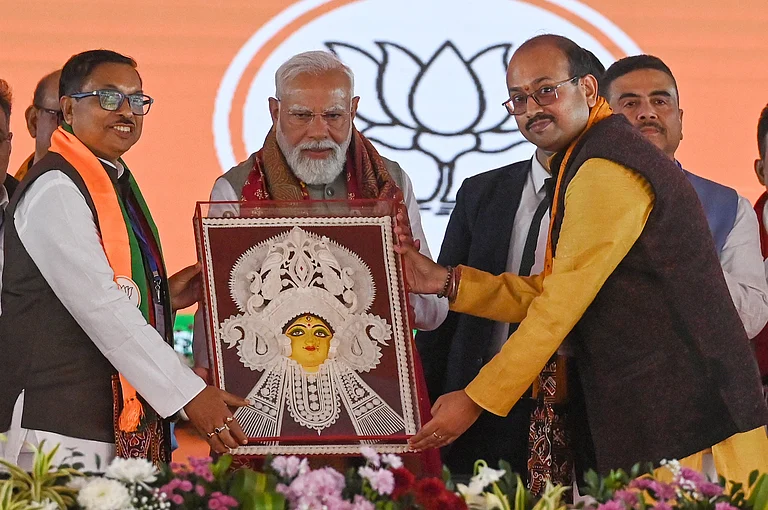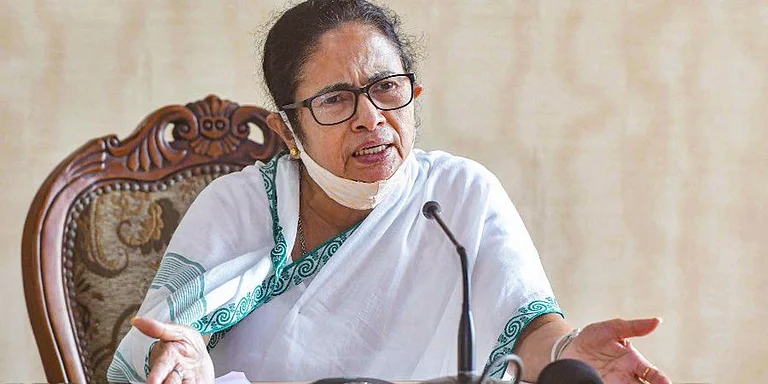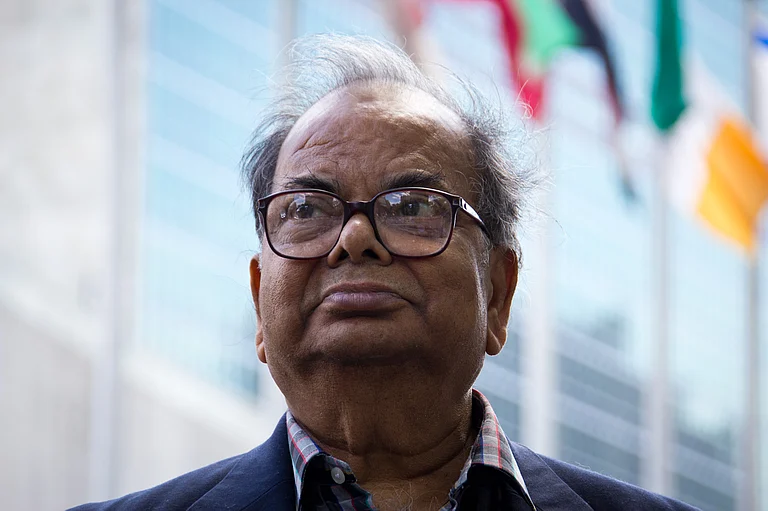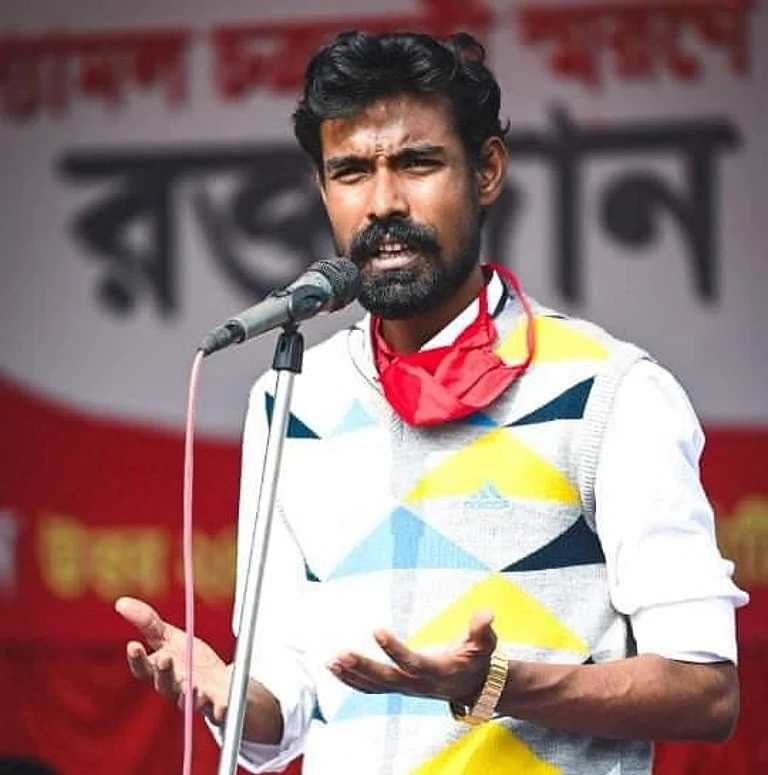Poila Baisakh, also known as Pohela Boishakh, stands as a deeply auspicious festival for Bengali communities. This vibrant celebration marks the Bengali New Year and is set to be observed on April 14, 2025, in Bangladesh and on April 15, 2025 in India.
This festival coincides with other regional New Year celebrations across India, known by various names such as Bihu in Assam, Vishu in Kerala, Puthandu in Tamil Nadu, and Baisakhi in Punjab. Central to the festivities is the collective prayer for peace, prosperity, health, and wealth, signifying a fresh start for the year ahead.
History of Poila Baisakh
The origins of Poila Baisakh can be traced back to the Mughal era, initially observed as a harvest festival. Its cultural significance deepened during the Bengali Renaissance in the late 19th and early 20th centuries, notably integrated into the works of cultural icons like Kazi Nazrul Islam and Rabindranath Tagore.
Traditionally, the festival was linked to the agricultural cycle. On the first day of the Baisakh month, farmers would clear their debts. Landlords often marked the occasion by treating their tenants with sweets, fostering goodwill, and strengthening community bonds. Another tradition, particularly among businesses, is starting a new ledger book, known as 'Haal Khata', symbolizing a fresh financial beginning.
The Food Culture and Celebration
Bengalis worldwide, including those in Bangladesh, commemorate this holiday. While modern ways of celebrating have evolved, the essential spirit of joy and togetherness remains unchanged.
The festival sees people exchanging traditional Bengali sweets like Sandesh and Kalakand, donning new clothes, and often sending heartfelt handwritten greeting cards. On this auspicious day, Bengali kitchens buzz with activity, preparing an array of delicacies. Favorites include Payesh (rice pudding), Sandesh, Rasgullas, Chom-Chom, Mishti Doi (sweet yogurt), Macher Jhol (fish curry), Luchis (fried bread), Baingan Bhaja (fried eggplant), Shukto (mixed vegetable stew), Shorshe Ilish (mustard Hilsa fish curry), and Chingri Malaikari (prawns in coconut milk).
Marking Togetherness
Poila Baisakh serves as a powerful reminder of the region's rich cultural legacy and acts as a symbol of Bengali cultural identity. It's a time for community gathering, celebration, reflecting on the past year, and looking forward to the future. The festival promotes harmony, unity, and camaraderie among Bengali people, irrespective of their faith or background.
Poila Baisakh is a cherished celebration of Bengali culture and tradition, reuniting people with a sense of community and shared heritage.
Significance of Poila Baisakh
The festival underscores a deep connection to Bengali cultural heritage. It's common to see women wearing traditional printed sarees and men in classic dhoti and kurta attire.
Numerous events and programs are organized across societies and locations, especially in Kolkata, often referred to as the "City of Joy." Fairs, locally known as 'Haat' or 'Mela', spring up days before and continue after the main event. These bustling marketplaces attract large crowds, offering a wide variety of goods, including traditional crafts, jewelry, clothing, and home decor.
Poila Baisakh as West Bengal State Day
Significantly, Poila Baisakh is officially recognized as the State Day of West Bengal, named 'Bangla Divas.’ This designation was formally announced by the West Bengal government in late 2023, honoring the rich glory, significance, and heritage of Bengal.
Alongside this, the song "Banglar Mati Banglar Jol" (Bengal’s Soil, Bengal’s Water), penned by Nobel laureate Rabindranath Tagore, was declared the official State Song. It is mandatory to play this song, which is approximately 1 minute and 59 seconds long, at the beginning of all official state government functions. This decision underscores the cultural importance of the day and the song in Bengali identity.























